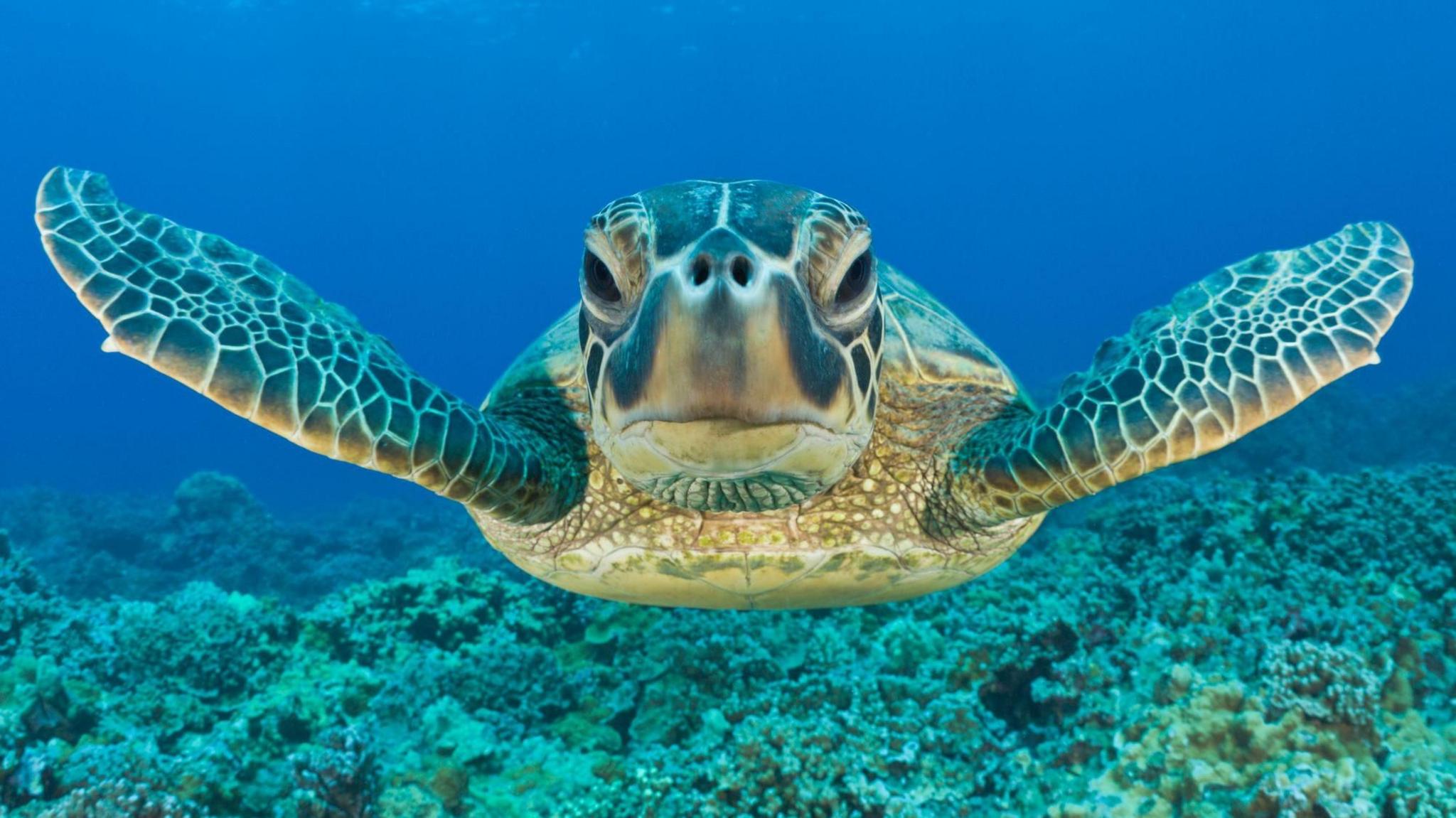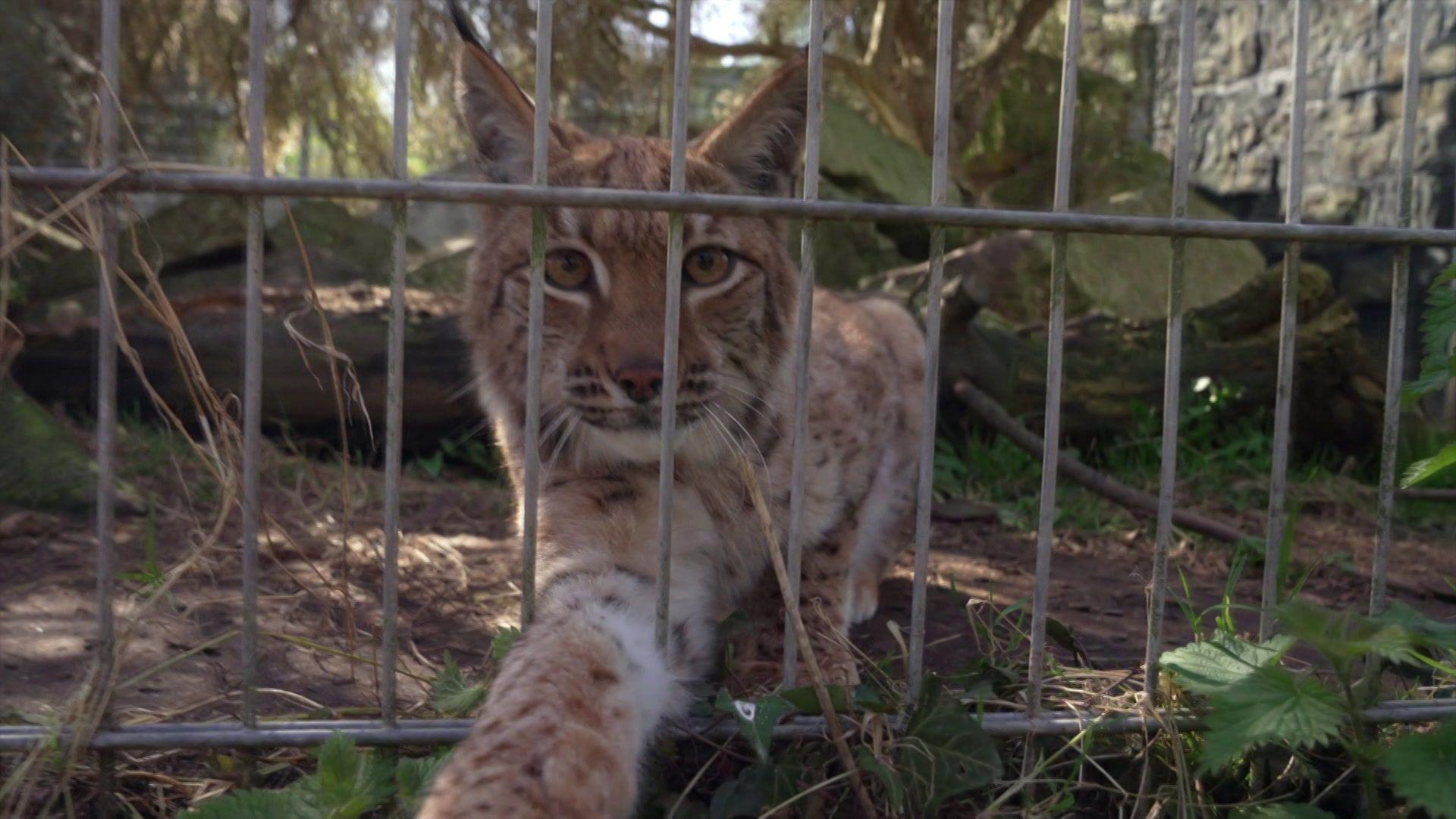Why are scientists searching for worms in Northern Ireland?
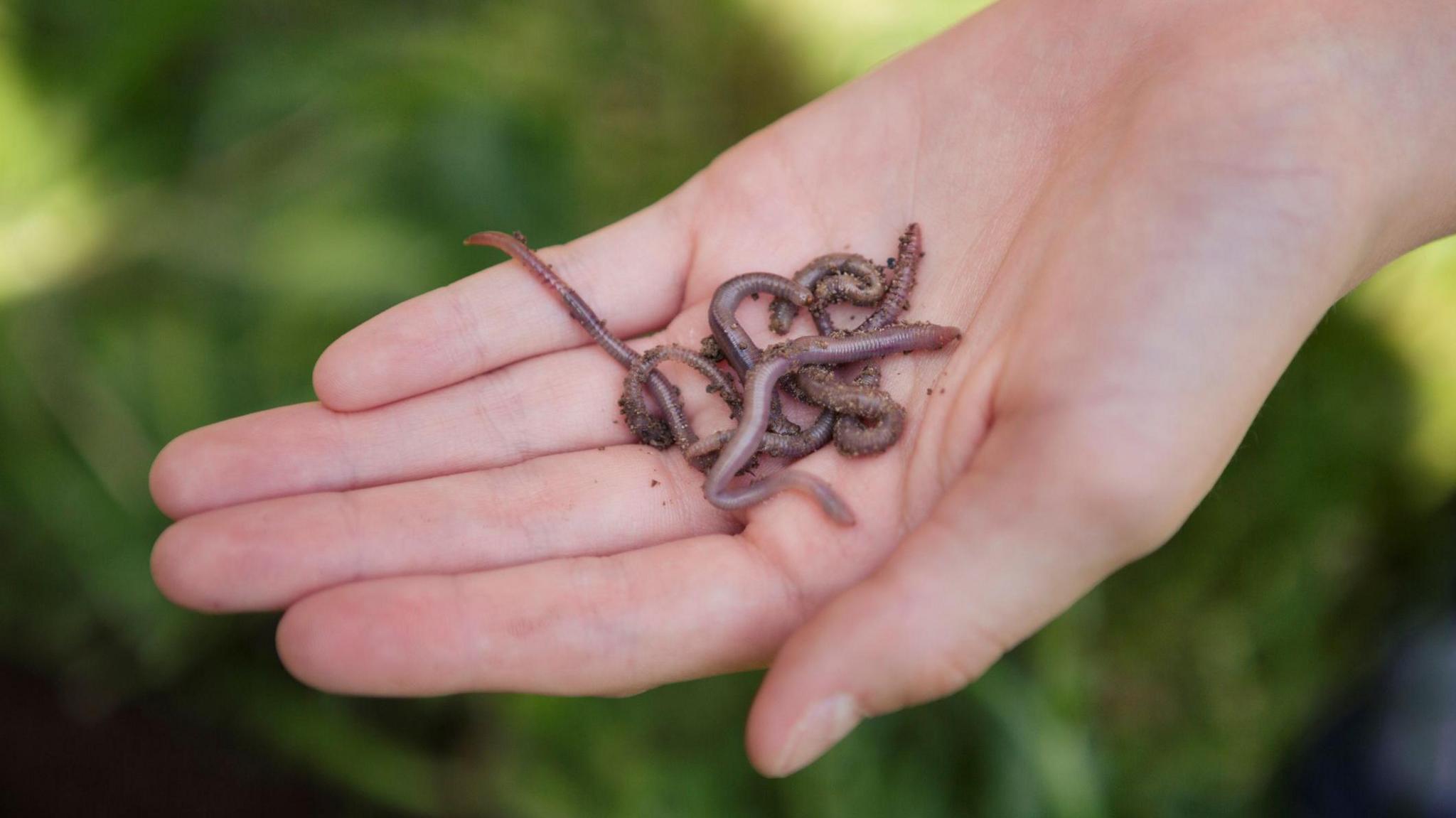
- Published
You probably don't think too much about the wriggly worms that live beneath the ground, but some scientists in Northern Ireland are very interested in them.
They're studying earthworms to find out how the invertebrates are doing.
It's after they were added to Northern Ireland's Priority Species list in 2023, which means they need conservation help.
Ordinary people are also being trained to help study the worms and add this information to a big database.
More on wriggly worms
Why scientists are listening to soil sounds
- Published19 April 2024
Giant worm wriggles into record books
- Published4 November 2016
Why plastic is causing big problems for worms
- Published4 October 2019
Why are earthworms important?
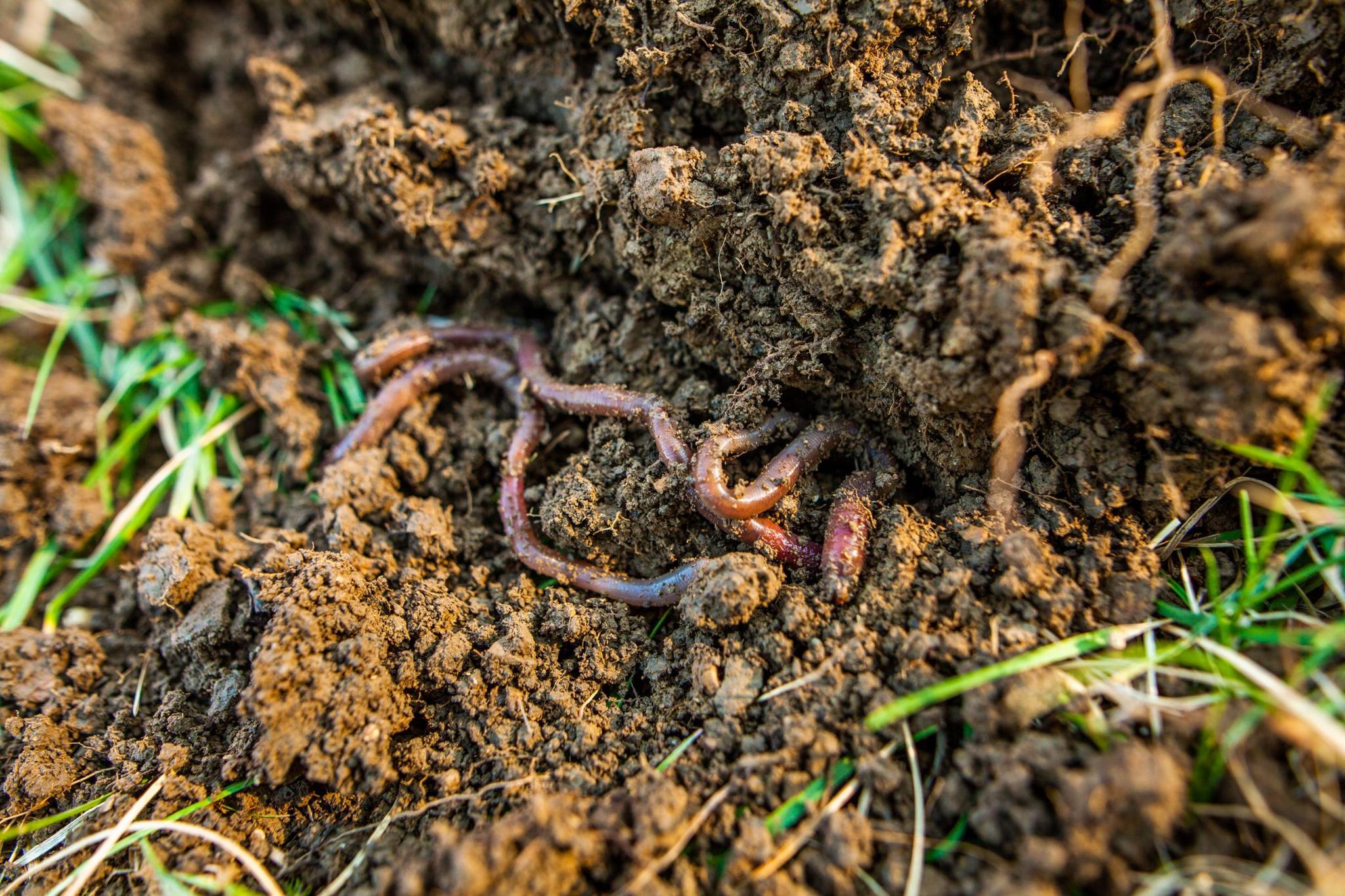
Earthworms play a really important role in the world around them - by keeping soil healthy.
They help to break down dead organic matter, like leaves and roots, in a process called decomposition.
This releases essential nutrients back into the soil.
They also burrow vertically and horizontally into the soil, creating pockets so that water and oxygen get into the soil and carbon dioxide can be released.
They're not just good for the soil though, they're also a source of food for many animals.
Why do scientists want to know more about earthworms?
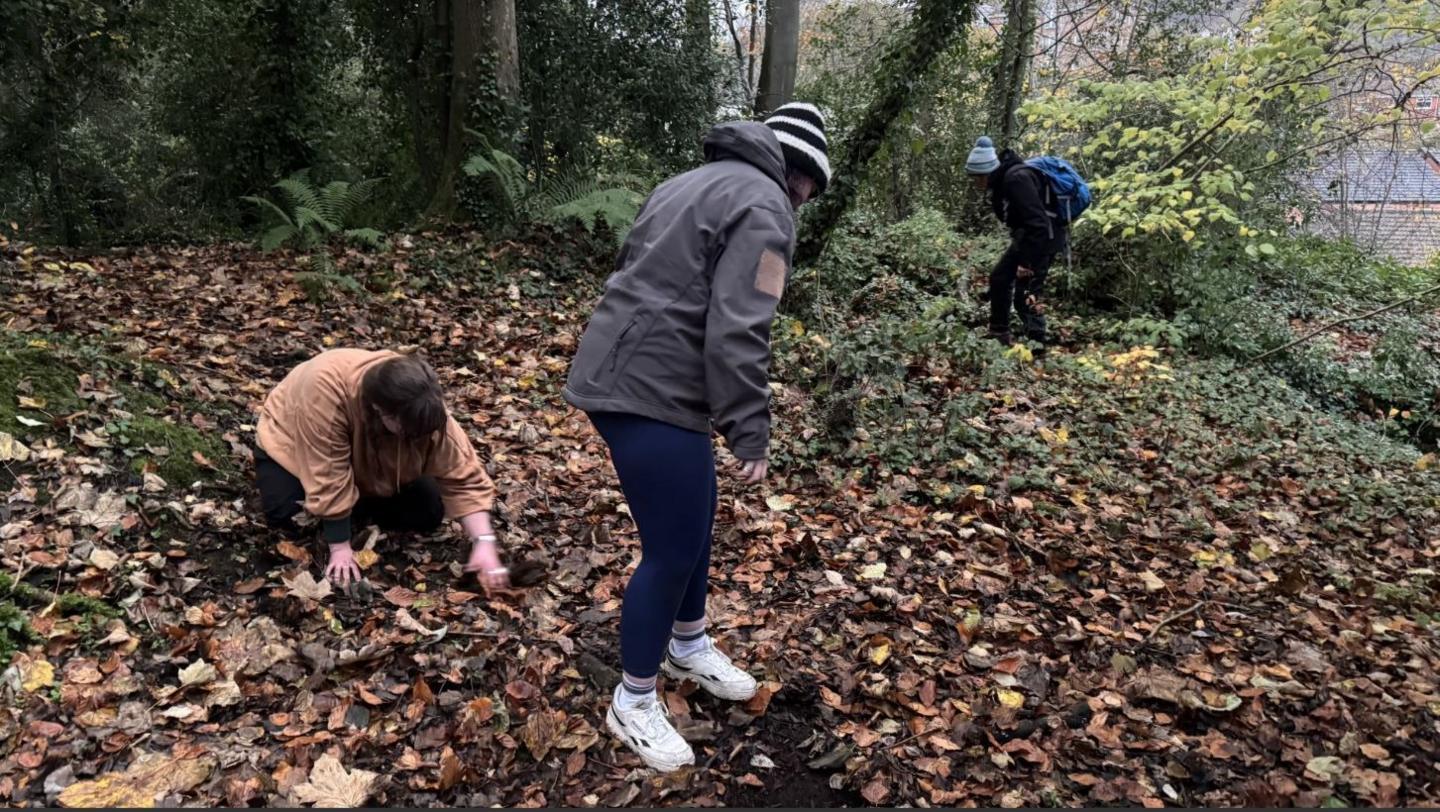
Samples have been gathered from Colin Glen in Belfast
There's not much information about UK earthworms in existence, but there's even less data on them in Northern Ireland - according to Keiron Brown, of the Earthworm Society of Great Britain and Northern Ireland.
He said: "What we don't know about earthworms in Northern Ireland includes exactly what species we've got.
"In addition to that, we don't know how many we've got and we don't know how well distributed different species are."
"And that means we can't even begin to think about things like conserving earthworms or managing sites and habitats for earthworms if we don't have that information."
It's hoped the samples gathered from Colin Glen in Belfast will help scientists understand how to help the species.
More on conservation
- Published13 August
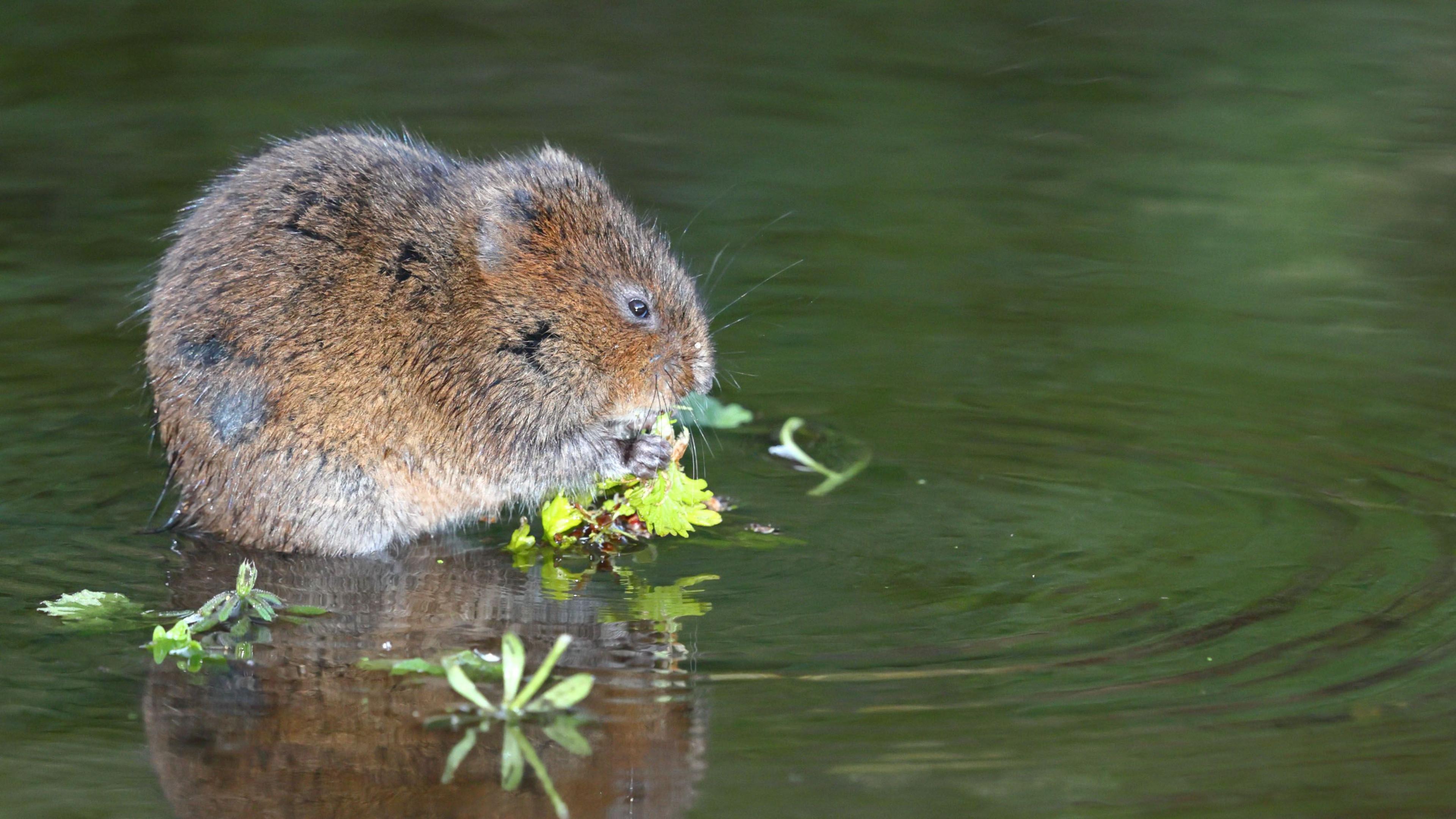
- Published10 October
